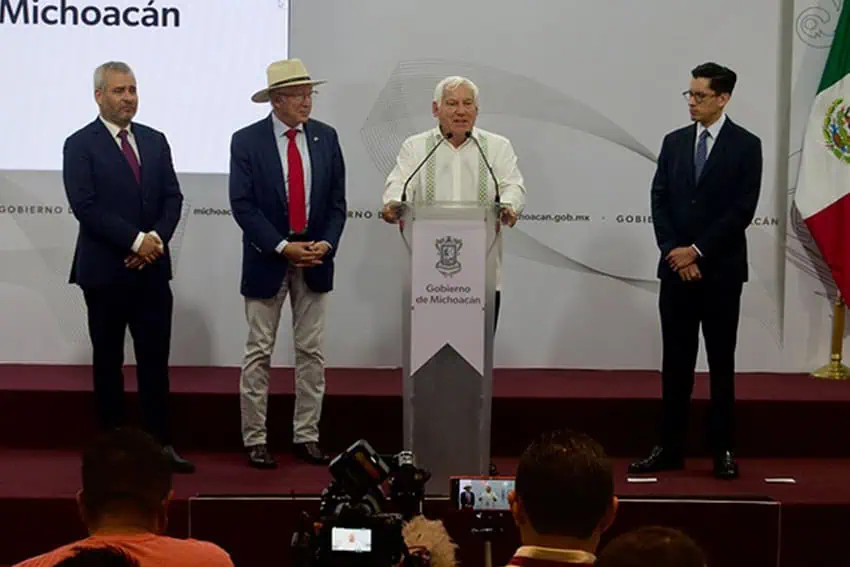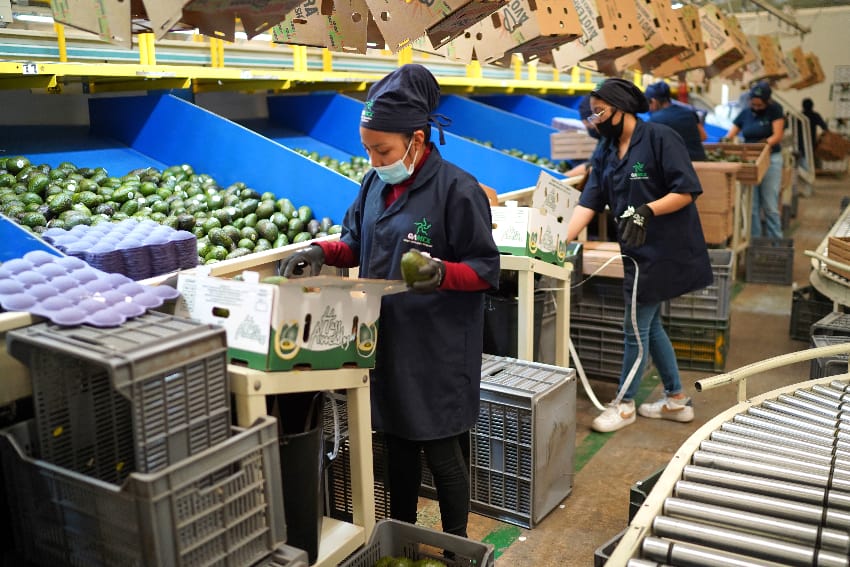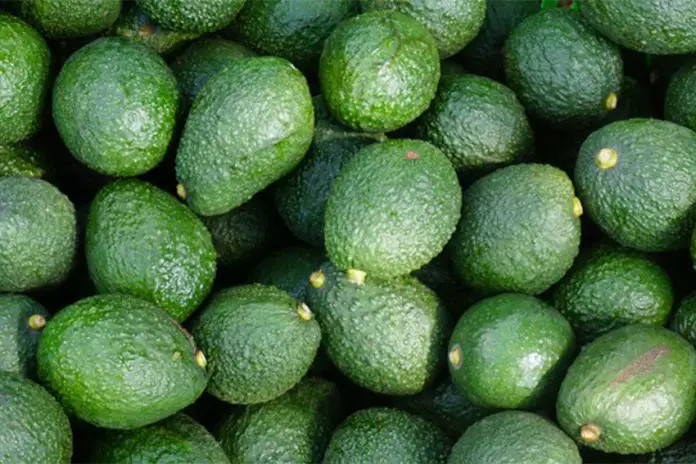The Mexican government announced on Monday that the United States has consented to authorize Mexico’s Agriculture and Rural Development Ministry (Sader) to do inspections to certify avocado orchards whose harvests are designated for export to the U.S.
The agreement comes just three months after the U.S. government resumed inspections of avocados following a 10-day suspension.

The suspension went into place after two U.S. Department of Agriculture inspectors had been threatened while making the rounds in Michoacán, one of only two states in Mexico authorized to export avocados into the U.S. The other is the neighboring state of Jalisco.
Mexican inspectors will now be in charge of supervising participating orchards and certifying the absence of invasive pests throughout harvesting and packing procedures.
Officials with the Animal and Plant Health Inspection Service (APHIS), an agency of the U.S. Department of Agriculture (USDA), are tasked with working jointly with Senasica, the Mexican agency that protects agricultural, aquacultural and livestock resources from pests and diseases, to establish an annual orchard inspection program.
The decision recognizes that Mexico’s avocado exporters have complied with APHIS regulations since they were put in place in 1997, during which time no pest or phytosanitary problems have gone untreated.
For the past 27 years, producers, packers and exporters have efficiently addressed any and all issues related to pest invasions, adequately applied quarantines when available and cooperated fully with APHIS personnel, according to the news magazine Expansión.
APHIS personnel will continue to administer the orchard inspection process but will not be required to do so from Mexico. In addition, APHIS and Senasica will be jointly responsible for overseeing the packaging process for avocados exported to the United States.

Upon announcing the agreement, Sader declared that the transfer of responsibilities to Senasica “reinforces cooperative efforts to promote a bilateral agenda that facilitates flexible and secure trade.”
It remains to be seen how U.S. avocado producers will react to this decision. In July, the California Avocado Commission demanded that the USDA continue directly supervising the harvesting and packing of Hass avocados destined for the US market from Mexico.
Ken Melban, a California Avocado Commission official, cautioned against jeopardizing the economic interests of U.S. farmers who rely on rigorous oversight, saying the threat of invasive pests is a critical concern.
“As reports of corruption and violence in Mexico continue, including regions authorized for avocado exports to the U.S., it is unimaginable that the U.S. government would consider abdicating inspection responsibilities to Mexico,” Melban said, according to Mexico Business News.
In the past 10 years, Mexico has exported approximately 11 million tonnes of avocados to the United States without a single pest-related violation.
Mexico is the world’s No. 1 producer of avocados, producing 2.5 million tonnes annually. In addition to supplying the domestic market, Mexico’s avocado farmers — primarily in the states of Michoacán, Jalisco, México state, Nayarit, Morelos and Puebla — export more than 1.1 million tonnes of the fruit annually worldwide.
In addition to the United States, Mexican avocados are exported to Canada, Japan, Spain, El Salvador, Holland and China.
With reports from Expansión, Mexico Business News and El Universal
